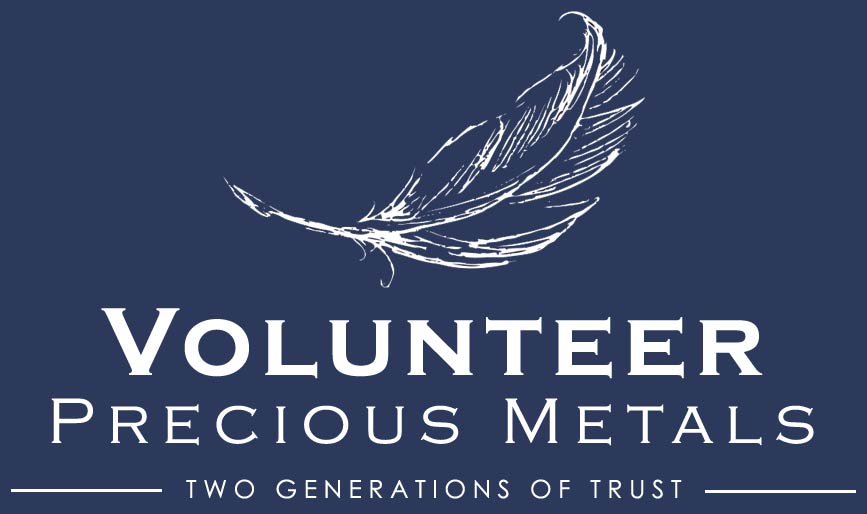Storage
Physical Precious Metals are financial insurance. As such you need to be able to put your hands on them regardless of extenuating circumstances. For that reason, our number one storage recommendation is a ‘don’t’ rather than a ‘do’…
Don't Store Your Precious Metals In A Bank...Where Then?
1. On your own property. You have many more places to store valuables than you probably realize. We do not publish specific location suggestions online but are happy to discuss them with you over the phone. Shortly, though, if you plan to store metals yourself, you need to understand your primary objectives – protection from fire and theft.
a. Fire – You want a box (fireproof or a safe) that gives you a minimum 30 minute fire rating. Ideally you want an hour, especially if you live in a rural area where fire department response times are longer. If you buy a safe, make sure you get one with a manual, not electronic, lock.
b. Theft – We recommend a safe. Yes, good safes aren’t free but are worth it. Inkas makes the best we’ve found. You want one with a “TL-30” rating. This is their “Neptune Series” and come in various sizes. Here’s a link to get you started.
But that’s not all. We have other suggestions to help protect your valuables against theft that we will only discuss on the phone. Call us at 888.661.4093 for those details.
2. In a secure non-bank facility. Many such facilities exist all across the country. A google search for “private vault storage” followed by your city and state usually bring up several choices. We recommend such facilities over banks because they are not tied to our monetary system.
3. In a depository. Depositories are certainly secure locations where you can open an account and store your valuables. If you do so, make sure you select “segregated” storage, not “allocated”. They are third on the list because they have a loose connection to our financial system, as they are often used as storage facilities for IRAs, which fall under many government regulations. In times of crises, such regulations could limit access to the facility.

